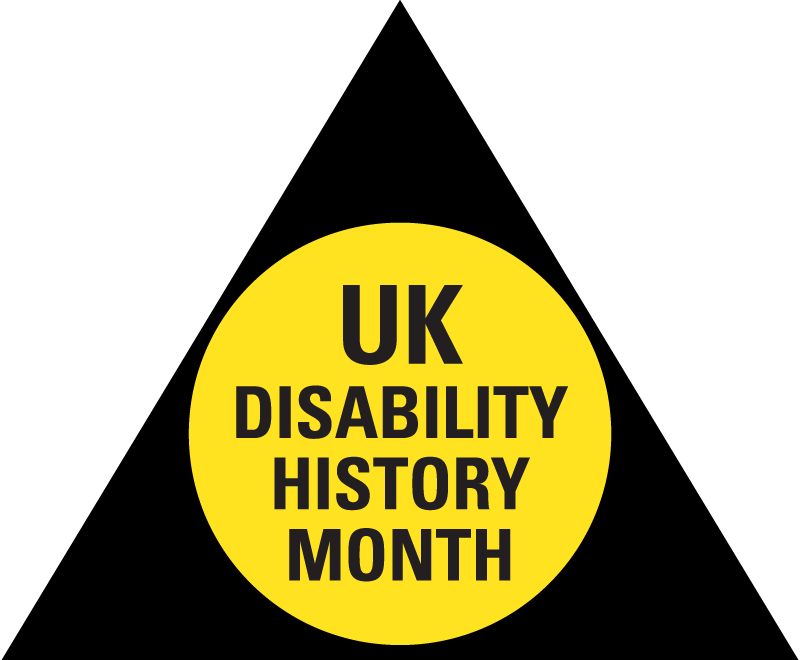13 November 2024
UK Disability History Month, created in 2010, is an annual event, which this year runs from 14th November to 20th December 2024 with a theme of Disability, Livelihood and Employment.
The core purpose of UK Disability History Month is to advocate for the human rights of disabled people by providing a platform to highlight historical struggles for equality, reflect on the current environment of disability rights, and what action still needs to be taken to achieve them.

Disabled people have experienced a long history of being ostracised, marginalised and dismissed. There have been many significant historical events and milestones that have shaped the landscape of disability rights and advocacy within the UK. Much progress has happened since the 1970s due to the efforts of the Disability Movement in challenging an ableist society.
This year’s theme highlights livelihoods and employment and shines a light on the challenges disabled people face in the workplace. Disability has been seen for many years as synonymous with non-employment or unemployment. This of course is not true. Disabled people have always sought a means of employment, although the need to survive has also demanded a reliance on begging, welfare or charity.
In the last 30 years both legislation and trade unions have been more supportive of disabled workers. The number of disabled people in the UK workforce has increased alongside a push for legislation and more accessibility within the workplace.
Protection from discrimination in hiring, promotion, training and dismissal and a duty of reasonable adjustment have improved the work situation of disabled people. Modern high tech work can be carried out by a much wider range of employees as it does not require physical strength or stamina and modern patterns of flexible and home working allow a greater number of disabled people to work.
However, stereotypes, barriers and prejudices still impact differentially on disabled people with different impairments. Those with Autism, Mental Health issues, intellectual impairments and visual impairments still have much higher rates of non-employment.
In 2024 UKDHM will collect together a variety of resources to demonstrate the history of Disability, Livelihood and Employment and develop a range of educational resources on the factors influencing the employment of disabled people now and in the past to illuminate a more equitable way forward.
To find out more and to get involved please visit the UK Disability History Month website. The launch event will be recorded and available on the website soon.
